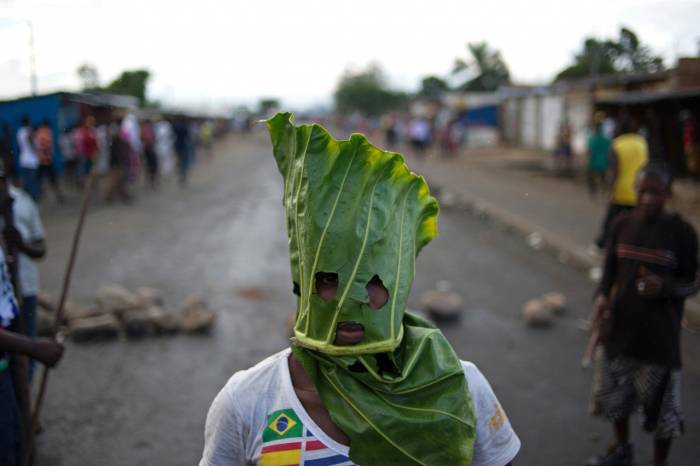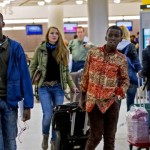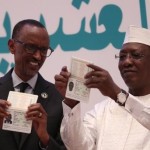
source
Since April 2015, more than 400 Burundians lost their lives, 220, 000 have fled and close to 3,500 people have been arrested according to the United Nations. What started as protests to prevent Burundi’s President Pierre Nkurunziza to run for a third term in office, which he later won in contested elections, is spiralling into an ethnic civil war.
Living in constant fear
This surge in violence is raising fears that the country could fall back into a civil war, ten years after Burundi’s 12-year war during which rebels from the Hutu majority were fighting a Tutsi-dominated army left 300,000 dead. Local witnesses are accusing the security forces of leading extrajudicial killings, executing young men at close range and burying them in mass graves in order to prevent any investigation. Burundians are living in constant fear, witnessing executions every day. Pierre Claver Mbonimpa, a human rights activist who survived an assassination attempt last August said:
“Families no longer have the right to bury their dead, nor to mourn them.”

{adinserter CNP5}
“Robust and decisive” action is needed
Organisations are calling the international community to take “robust and decisive” action to avert the crisis. Zeid Ra’ad Al Hussein, the UN high commissioner for human rights, delivered a blunt statement describing the situation to the United Nations human rights council:
“Burundi is at bursting point, on the very cusp of a civil war,” Al Hussein said. “The carnage of last week confirmed the extent to which violence and intimidation are catapulting the country back to the past – to Burundi’s deeply troubled, dark and horrendously violent past … and has only served to move the much-needed political solution further from reach […] The time for piecemeal responses and fiddling around the edges is over. The situation in Burundi demands a robust, decisive response from the international community.”
Earlier this year, Al Hussein had urged the Burundian authorities to disarm pro-government armed militia which comprises the Imbonerakure (the armed militia of the ruling CNDD-FDD party’s youth wing). He also asked the international community and the neighbouring countries to monitor Burundi’s borders.
“All appropriate measures must be taken, in line with international human rights law, to stop the reported flow of weapons into Burundi. The use of drones should be considered as one method of conducting such monitoring,” he added.
The African Union has also pledged that there could be no return to the violence of the past, referring to Rwanda’s 1994 genocide.
“Africa will not allow another genocide to take place on its soil,” the African Union’s peace and security council said.

SEE ALSO: Robert Mugabe Warns Party Members: “Don’t Try to Choose My Successor.”







